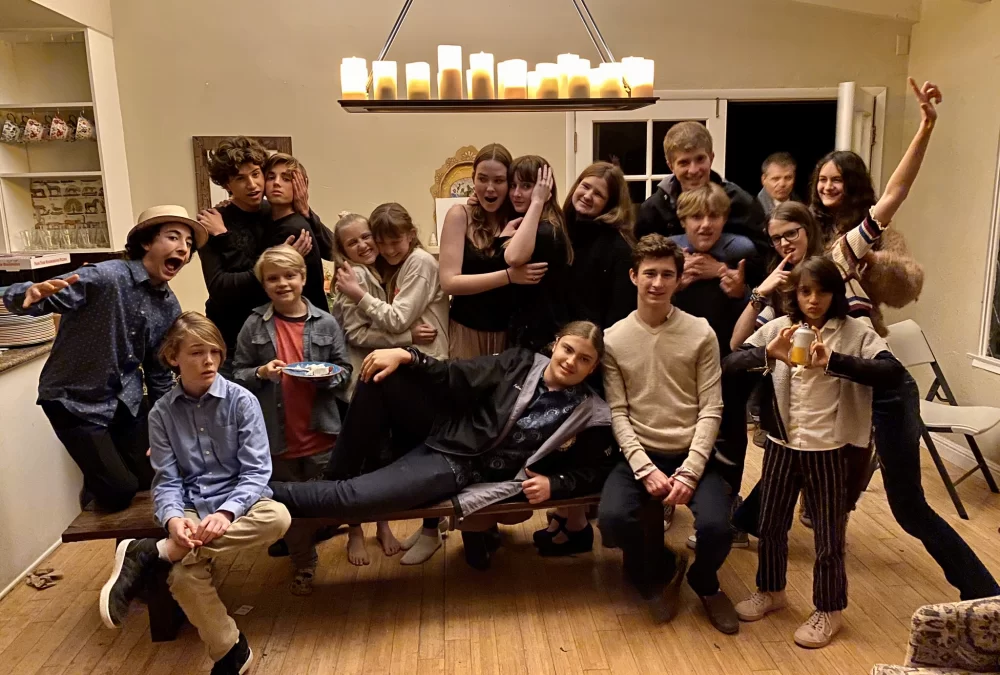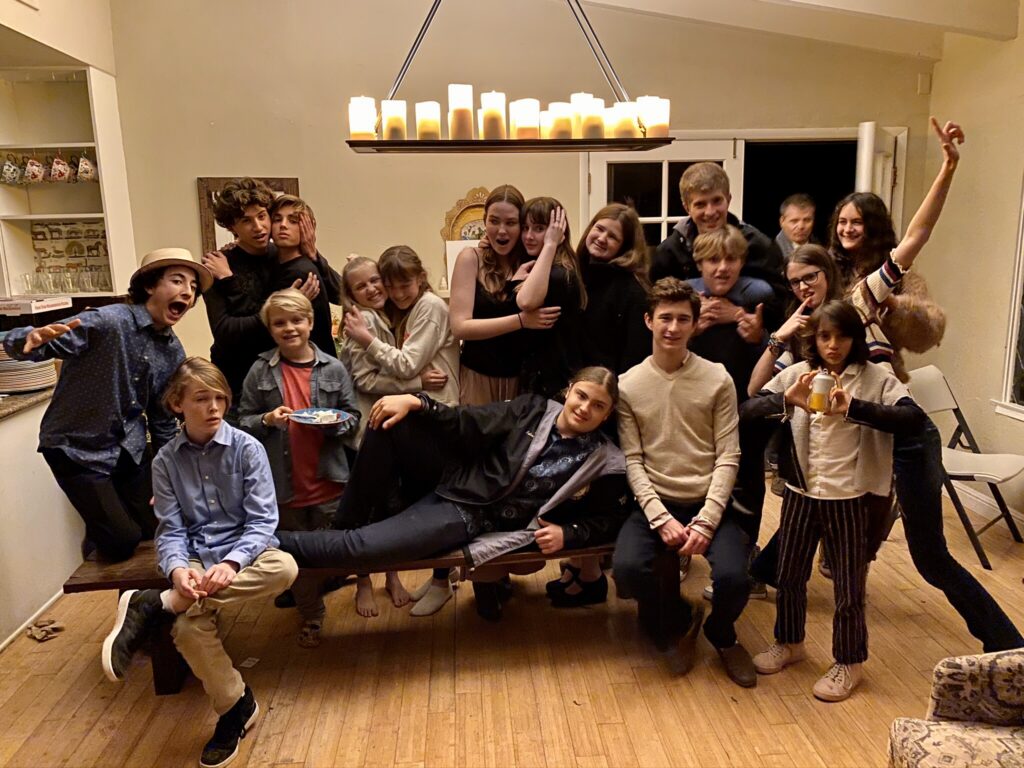
The LAUSD 2020-21 academic year will start August 18, regardless of whether students continue remote learning, or return to some form of an on-grounds campus.
To some families compulsory state institutionalization has never looked so good, and they are eager to end the imposed experiment in homeschooling.
Others are thinking twice before rushing back to the schoolhouse gates. Perhaps a family member is immuno-compromised or elderly, or they cannot picture their child in a setting of masked, sanitized, socially-distanced desk-lunchers on a campus which cannot allow backpacks, contact games, and family.
Like the many workers functioning successfully from home who, even if the virus vanished tomorrow, would not wish to return to a slavish commute; families that have adapted to learning at home may not wish to give up its advantages.
There is one community of families not facing such a decision in the fall — those who voluntarily committed to homeschooling well before the pandemic. Over the past decades, homeschooling has gone from being an underground movement regarded with suspicion, to a flourishing, dynamic and respected learning alternative whose “graduates” have been accepted into the most prestigious universities, and perhaps more importantly, tend to accept themselves at each step of their independently-directed journey.
Topanga Canyon (including families from surrounding communities) has a proud and thriving homeschooling tradition. Though homeschooler credos vary widely, most ascribe to a common lore. And since the COVID-19 crisis has thrown all into learning at home, this may be a good time to take a page of advice from the original homeschoolers.
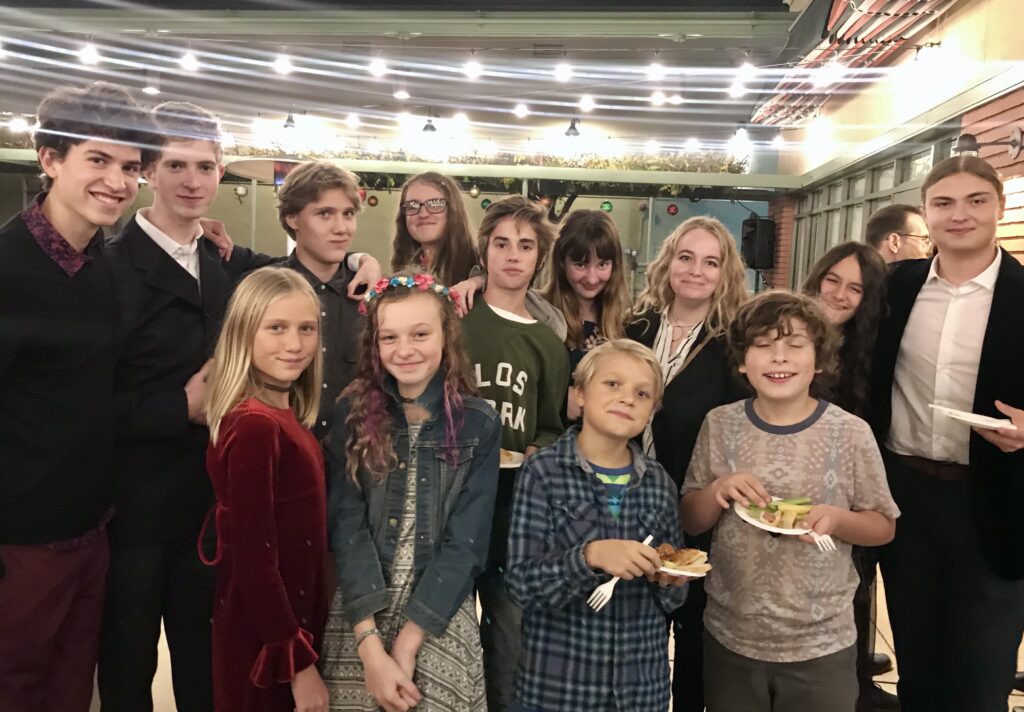
1. Relax.
Right now many parents, especially single parents or essential workers, are overwhelmed by trying to do their own jobs, stretch incomes that dried up during lockdown, care for elders, maintain a house where there’s suddenly more people home. Now add to that proctoring lesson plans for teachers who are relegated to computer screens, getting kids to finish assignments, and staying cool when kids—antsy from isolation—won’t cooperate. Relationships are strained at a time when the parent must also be the quarantined kid’s best friend.
So relax. Loosen academic expectations. Expand your notion of learning.
Instead of trying to force someone else’s lesson plan on your child, follow your child’s interests. Think about what you are set up to do, teach what you know and love. Use this time to teach life skills, cooking, automotive maintenance, personal finance, and coping with stress. Focus on building one core skill, such as writing or numeric reasoning, and embed it in natural activities. Play games. Talk.
Take a break from comparing ourselves to others. Don’t fear falling behind.
“Homeschooling as a lifestyle is very different from taking on-line courses at home,” explains Topanga Canyon’s Jenni Kemp. “Homeschoolers can go at their own pace. Subjects end up blending together in life-learning instead of being compartmentalized, which speeds up learning… In homeschooling you have the priceless gift of spending time together … you can take the long view of life and spend whole swaths of time enjoying family hobbies … and take deep dives into one subject.”
You’ve always been your child’s most significant teacher. You’re already doing it. So relax.
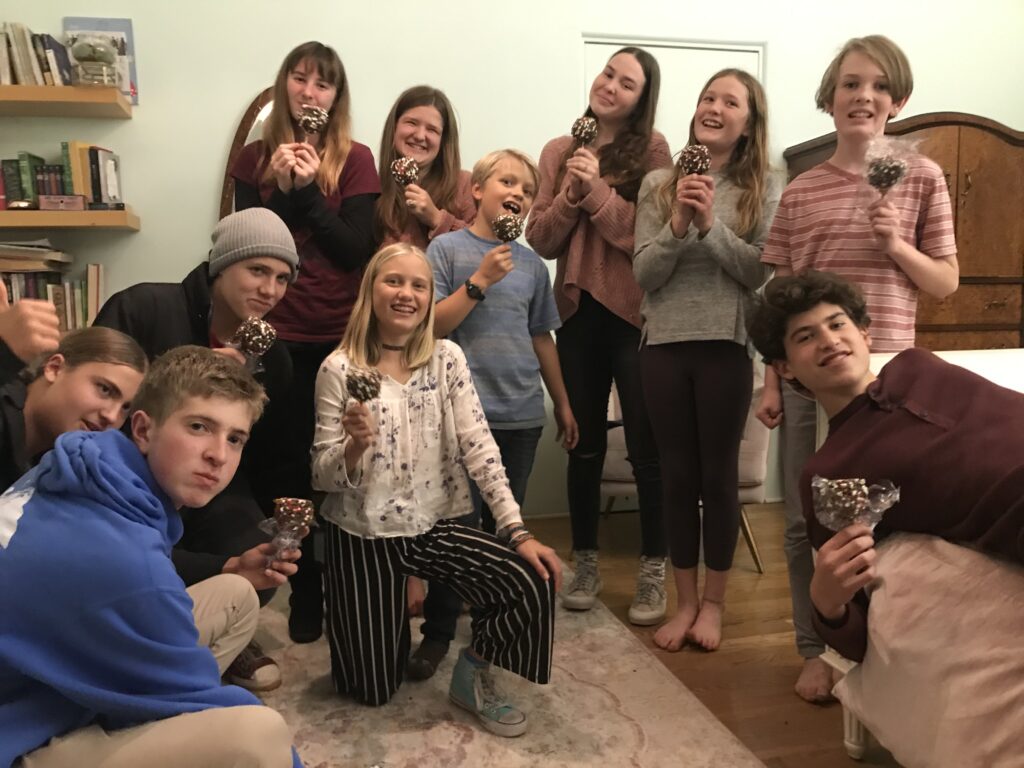
2. Trust.
Trust your child’s innate desire to learn and create, as well as your own. Trust your student to choose her areas of interest and passion, and invest instructional time and resources there. Help a child hear and trust the inside voice guiding to joy and purpose, guiding children to become themselves.
Trust is the foundation of a self-directed learning paradigm known as Unschooling, and it’s companion tactic, De-schooling. It can take time to de-format a school child who is used to being told what to do every fifteen minutes. They stop a project when the bell rings even if completely immersed in it.
“It can take as many months as there was schooling to again hear the voice that tells you what you’re enthusiastic about,” observes Clara Bellar, a local advocate for Unschooling. “The process can be mistaken for boredom or inactivity. But the natural quality of being self-motivated always comes back. Be patient. Trust nature. Trust life.”
Learn more about Unschooling in Bellar’s 2014 documentary On Being & Becoming. It’s how her children have become trilingual through just living, not scheduling a half hour per day for each of French, Portuguese and English, assigning homework and testing.
Parents daring to Unschool often experience whole family transformation. A mother may recreate herself to overcome the logistical and financial hurdles of taking a child out of the system. In the end, parents tell Bellar, it isn’t a sacrifice.
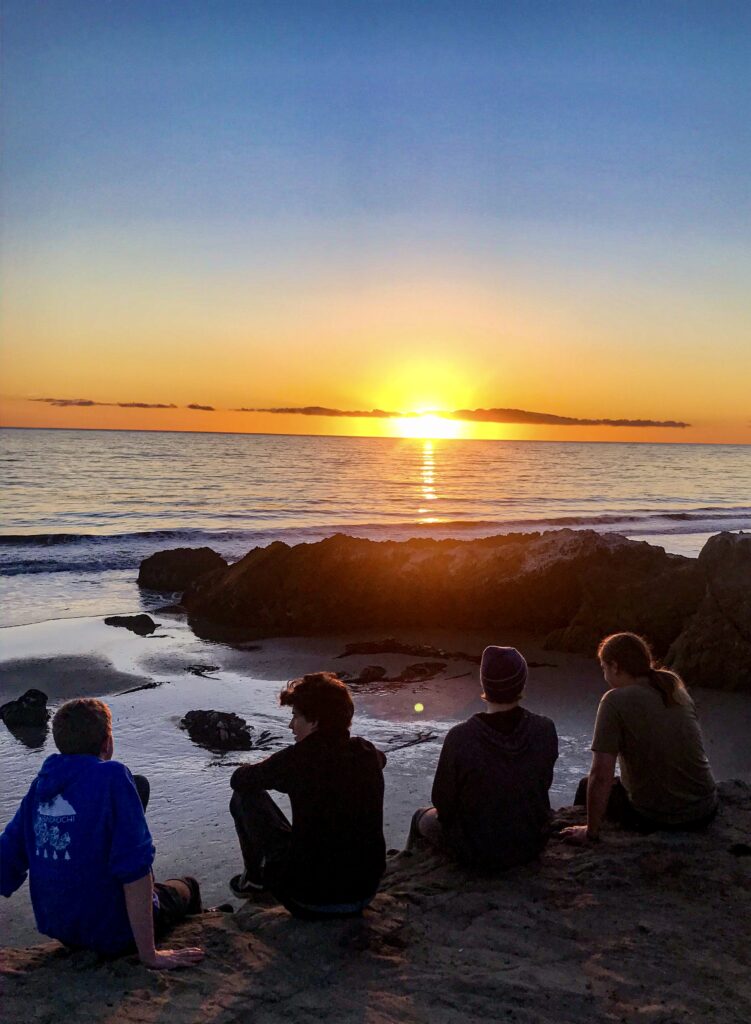
Resources
How Children Learn, Growing Without Schooling or any title by John Holt
The Underground History of American Education, Weapons of Mass Instruction,
Dumbing Us Down by John Taylor Gatto
ASTEME: Advancement in Science, Technology, Engineering in Math Education
Thanks to Dana Briskman and Rana Core for contributing information to this article.





